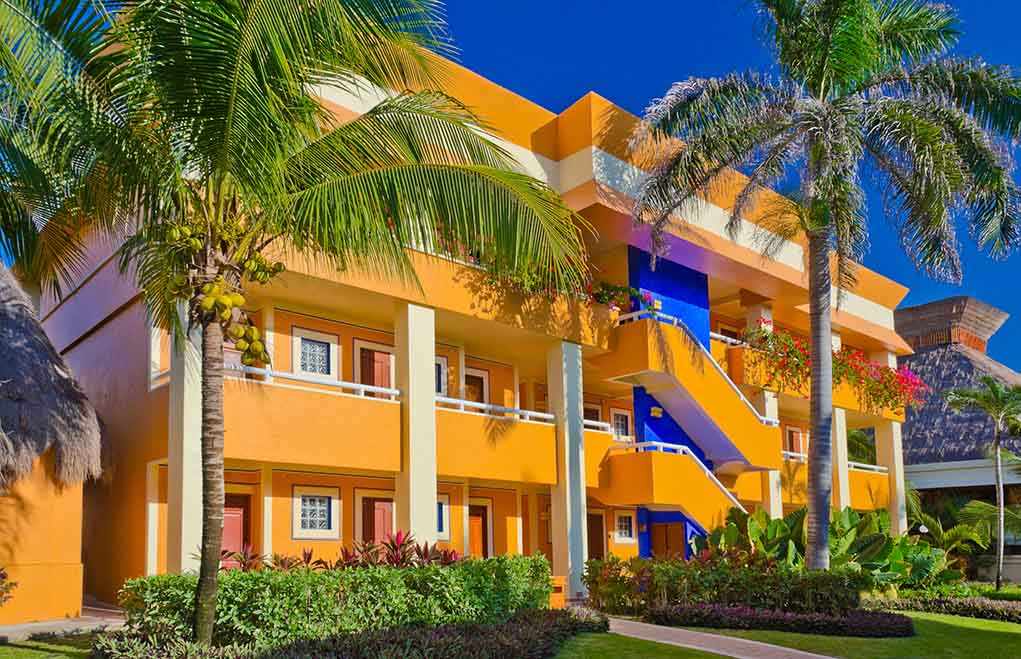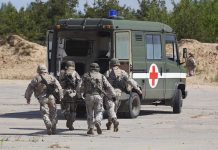
A family’s dream vacation turned into a nightmare when they discovered hidden cameras potentially recording their every move in what should have been their safe haven.
Story Snapshot
- Family discovers suspicious recording devices in their Airbnb rental property
- Parents immediately evacuate three young children from the accommodation
- Hidden surveillance equipment found in areas where privacy was expected
- Incident highlights growing concerns about guest safety in short-term rentals
The Disturbing Discovery That Changed Everything
The family arrived at their Airbnb rental expecting a relaxing getaway with their three young children. Within hours of settling in, sharp-eyed parents spotted something that made their blood run cold. Small, inconspicuous devices were positioned in locations throughout the property where guests would naturally expect complete privacy. The realization that their family might be under surveillance triggered an immediate evacuation.
The father later described the moment as deeply unsettling, stating that the discovery “really spooked us.” The family wasted no time gathering their belongings and leaving the property, cutting their planned vacation short. Their primary concern centered on protecting their children from what they perceived as a serious violation of their privacy and safety.
Family flees Airbnb rental after making terrifying discovery: ‘It spooked us’ https://t.co/r7ZlO9vSWK pic.twitter.com/oTKKL3vvww
— New York Post (@nypost) October 1, 2025
Hidden Cameras in Vacation Rentals: A Growing Problem
This incident represents a disturbing trend affecting travelers worldwide. Hidden recording devices in short-term rental properties have become an increasingly common concern for families seeking vacation accommodations. Property owners sometimes install these devices under the guise of security, but their placement often extends far beyond reasonable property protection measures into invasive surveillance of guests’ private moments.
The psychological impact on families, particularly those traveling with children, cannot be understated. Parents expect rental properties to provide the same privacy they would enjoy in their own homes. When that trust is violated through covert recording, it transforms what should be a safe retreat into a source of anxiety and vulnerability.
Legal and Safety Implications for Travelers
The legal landscape surrounding hidden cameras in rental properties varies significantly by jurisdiction, but the ethical concerns remain universal. Property owners who install recording devices without explicit disclosure to guests may face serious legal consequences, including criminal charges and civil liability. Many jurisdictions specifically prohibit recording in areas where guests have a reasonable expectation of privacy.
For families, the safety implications extend beyond privacy violations. Children are particularly vulnerable when their whereabouts and activities are being monitored by unknown parties. The potential for recorded footage to be misused, whether for blackmail, exploitation, or other malicious purposes, creates genuine safety risks that responsible parents cannot ignore.
Protecting Your Family During Future Stays
Smart travelers now routinely inspect their accommodations upon arrival, looking for suspicious devices that might compromise their privacy. Small cameras can be hidden in smoke detectors, electrical outlets, picture frames, or decorative objects. Parents should involve older children in these safety checks, teaching them to identify potential recording devices and report anything unusual.
The rise of detection apps and small electronic devices designed to locate hidden cameras has given families new tools to protect themselves. However, the most effective protection remains vigilance and immediate action when something seems amiss. This family’s quick decision to leave demonstrates the importance of trusting parental instincts when children’s safety is at stake.
Sources:
Family flees Airbnb rental after making terrifying discovery: ‘It spooked us’




